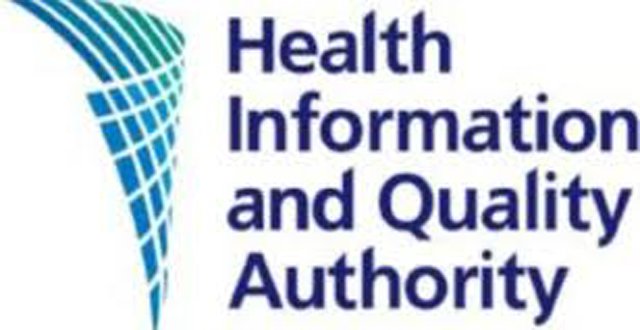HIQA has published an evidence summary on international studies looking at the duration of infectiousness in people who test positive for COVID-19.
Public health measures such as self-isolation and restriction of movements (or quarantine) are used to reduce the spread of SARS-CoV-2 within communities. Until now, people with COVID-19 were expected to self-isolate for 14 days from when they first develop COVID-19 symptoms or from when they test positive if they do not have symptoms.
This evidence summary identified 15 international studies; 13 viral culture studies and two contact tracing studies. These studies can indicate the duration of potential infectiousness of people and can inform the duration of self-isolation required for individuals diagnosed with COVID-19.
Dr Máirín Ryan, HIQA’s Deputy CEO and Director of Health Technology Assessment, said: “It is important that the Irish guidance on the duration of self-isolation is informed by the most up-to-date evidence from around the world. While a prolonged self-isolation period can have a large impact on people’s lives, their families and businesses, it is important that the duration is sufficient to prevent the spread of the disease to others.”
“From the evidence we reviewed, patients with mild-to-moderate COVID-19 disease are unlikely to be infectious beyond 10 days from their first symptoms. However, some limited evidence from a small number of studies found that patients with severe-to-critical symptoms and those who are immunocompromised may be infectious for 20 days or more.”
As most of the studies identified related to adults with symptoms, there is currently no evidence to support a different duration of infectiousness in children or in those who never develop symptoms.
Dr Máirín Ryan, continued: “While we are gaining greater insight every day about COVID-19, the evidence is still evolving and remains limited. The most recent evidence points towards individuals with mild disease being at risk of transmitting the virus to others for up to 10 days after symptom onset. This underlines the critical importance of rapid diagnosis, tracing and isolation of suspected COVID-19 cases to reduce the spread of the disease.
“Informed by this evidence summary, the revised public health advice is now that self-isolation for patients with COVID-19 in the community is a minimum of 10 days from the onset of symptoms, the last five of which must be fever free or 10 days since their positive test in those who have no symptoms.”
“This evidence summary focused on evidence relevant to those with COVID-19, and therefore, has no impact on the duration of quarantine for close contacts of confirmed cases, household contacts of people with symptoms of COVID-19 or people arriving into Ireland from a non-green list country. The current guidance for people in these categories remains the same, they must restrict their movements for 14 days.”
This summary was developed by HIQA following a request from NPHET and has informed NPHET’s decisions on changes to the self-isolation period for those with COVID-19 disease.













Leave a Reply
You must be logged in to post a comment.